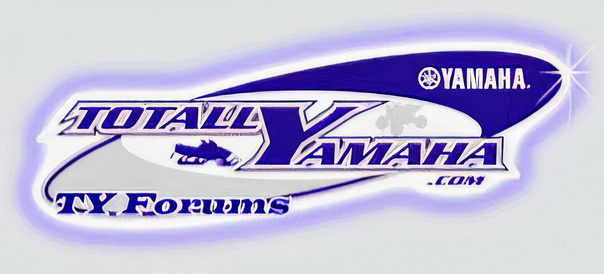Concept Carbon
New member
does anyone know what the coating actually is? I actually thought of cleaning mine and anodizing them at work wood give them a very hard coating that would be easy to scrap carbon off of.
valin
Active member
Guys, it's a snowmobile, not a frying pan. Use whatever it takes to remove the baked on loveliness that adheres to the valves, provided you don't gouge them in such a way that it might bind their movement. I've used damn near every spray on substance that you can think of, and they all suck at removing that wonderful crud we all so dearly love. I tried soaking them in ATF. I tried soaking them in gasoline, and also varsol. I've used a wire wheel on a bench grinder, which works wonders, but if you use too coarse of a wire, it will gouge and damage the valve. I've used sandpaper, in all sorts of various grits, which works well also. I've scraped the valves with pocket knives, putty knives, utility knives, and just about anything else I could get my hands on. The point is, I have never once, over the years, damaged a valve from cleaning it that caused it to bind or perform improperly, and I have cleaned alot of valves. Are they harder to clean now that this super slippery not-so-non-stick coating has depleted or has been removed? I don't know. What I do know is that they are not easy to clean when they're new, and they're not easy to clean now. Use whatever it takes. Stay on top of it, keep them clean, keep them adjusted properly, and you'll be fine. Let them slip, and you'll be buying parts.
Read once on the Yamaha tech engineering site (which I can no longer get to) that the coating was intended to reduce friction as well as wear. The chemical makeup of the material was also listed but I did not make a note of it.
I have seen a lot of valves wear faster once the coating has been removed. Do they work without the coating? yes. Is the coating a hoax? absolutely not.
Keep them clean and adjusted and they should last a long time.
I have seen a lot of valves wear faster once the coating has been removed. Do they work without the coating? yes. Is the coating a hoax? absolutely not.
Keep them clean and adjusted and they should last a long time.


